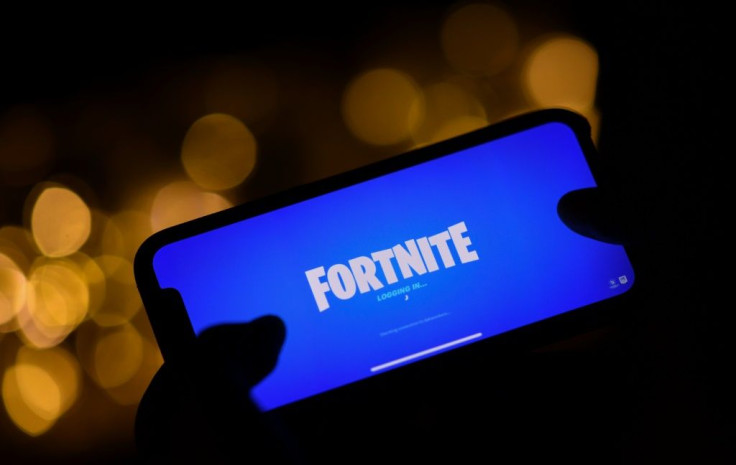How Is Epic Games Doing In Court? ‘Dishonest’ Tactics Ripped By Judge
Epic Games’ lawsuit against Apple finally made it to court on Monday, and it isn’t going super well for the game studio so far.
The lawsuit is being overseen in the United States District Court for the Northern District of California by Judge Yvonne Gonzalez Rogers. On Monday, Rogers repeatedly took Epic to task for its tactics in getting Apple to court and expressed skepticism towards its legal arguments, CNN reports.
Specifically, Rogers accused Epic of dishonesty, stating that the company knew full well that the addition of an alternative pay system in “Fortnite” would violate App Store rules and incur a reaction from Apple. She also dismissed Epic’s very public attempts to sway public opinion to its side.
“You did something, you lied about it by omission, by not being forthcoming. That's the security issue. That's the security issue,” Rogers said. “There are a lot of people in the public who consider you guys heroes for what you guys did, but it's still not honest.”
Epic Games’ attorney Katherine Forrest countered that the company was attempting to fight back against a set of rules that discourage competition and that the company knew it would have to fight Apple in court to force change.
“When you are taking on the biggest company in the world, and you're taking it on where you know it's going to retaliate, you don't lie down in the street and die,” Forrest said.
Overall, Rogers disagreed with Epic’s claims that Apple’s exclusive control of iOS applications via the App Store is an issue unique to the company and therefore uniquely harmful to iOS developers.
“Walled gardens have existed for decades,” Rogers argued. “Nintendo has had a walled garden. Sony has had a walled garden. Microsoft has had a walled garden. What Apple's doing is not much different... It's hard to ignore the economics of the industry, which is what you're asking me to do.”
Epic Games is primarily attempting to fight the 30% cut of every App Store transaction that Apple collects, a policy widely disliked by many developers. A method to make in-app purchases in iOS versions of "Fortnite" directly from Epic was added to the game, circumventing Apple's own purchase system, which is required for all apps that feature such transactions. This effectively bypassed the 30% fee and got the game pulled from the App Store for violating the rules, which Epic anticipated, kicking off its current legal battle.
The arguments heard by Rogers on Monday will decide whether or not she grants Epic a preliminary injunction, which would force Apple to return “Fortnite” to the App Store prior to the final trial and decision. Epic has argued that the game's removal on iOS is hurting their business, despite them anticipating conflict with Apple. Rogers also suggested that a proper jury trial could be held in July 2021.

© Copyright IBTimes 2025. All rights reserved.




















